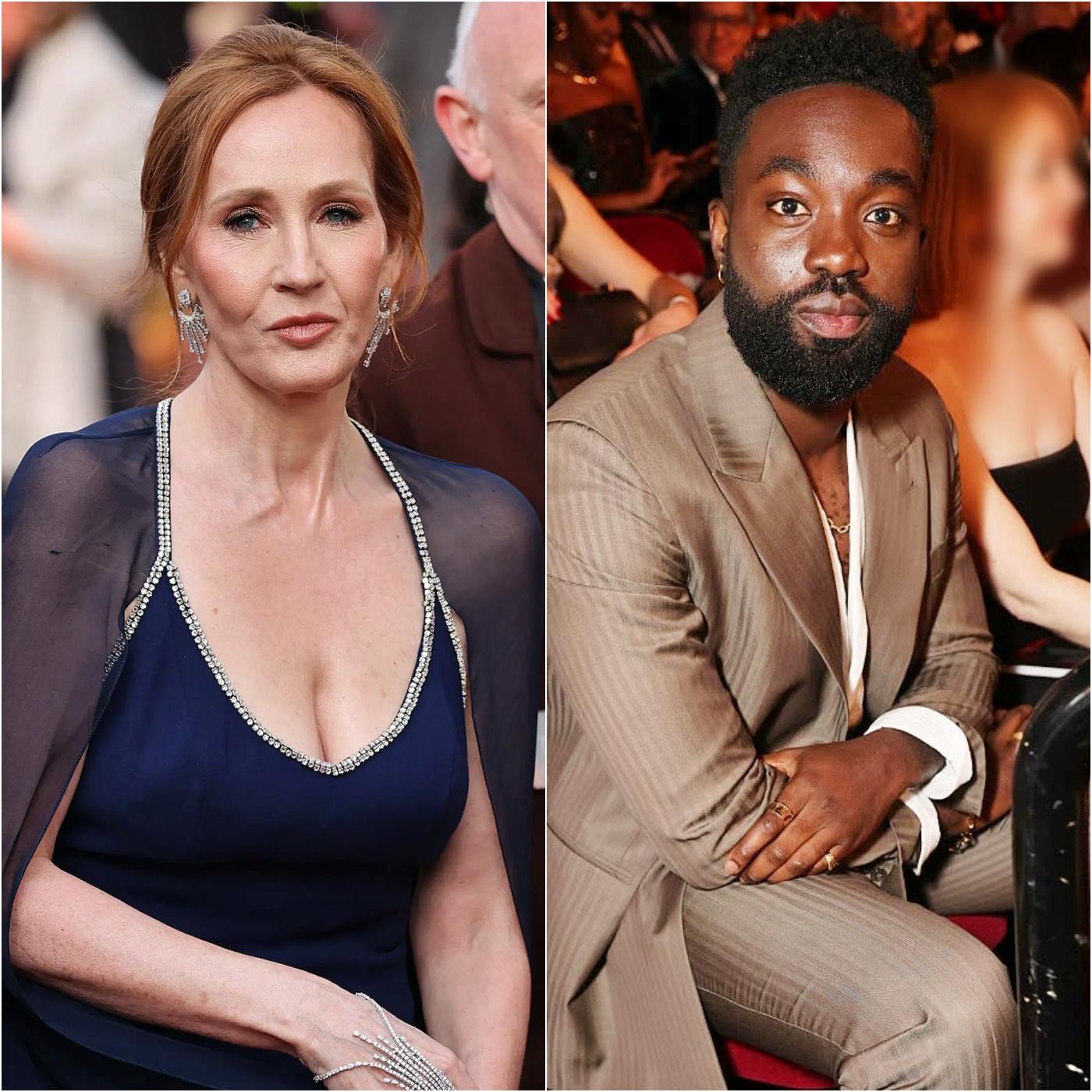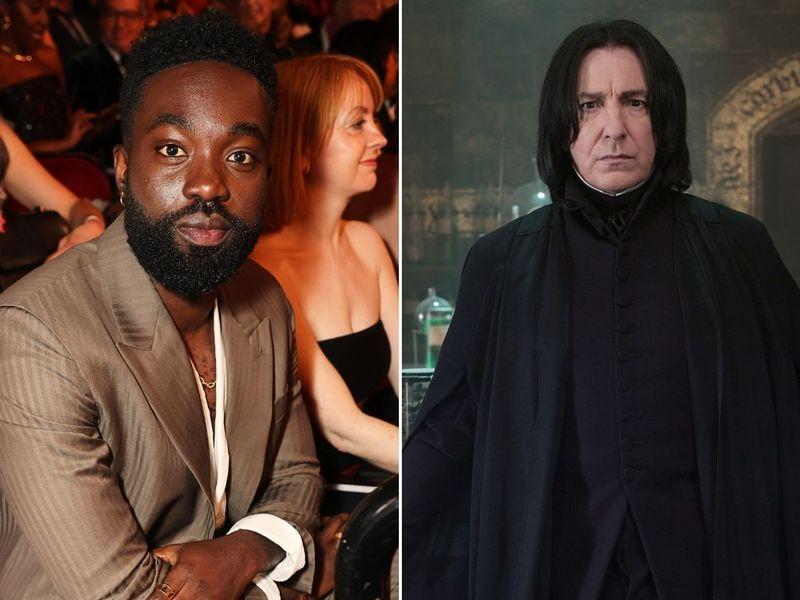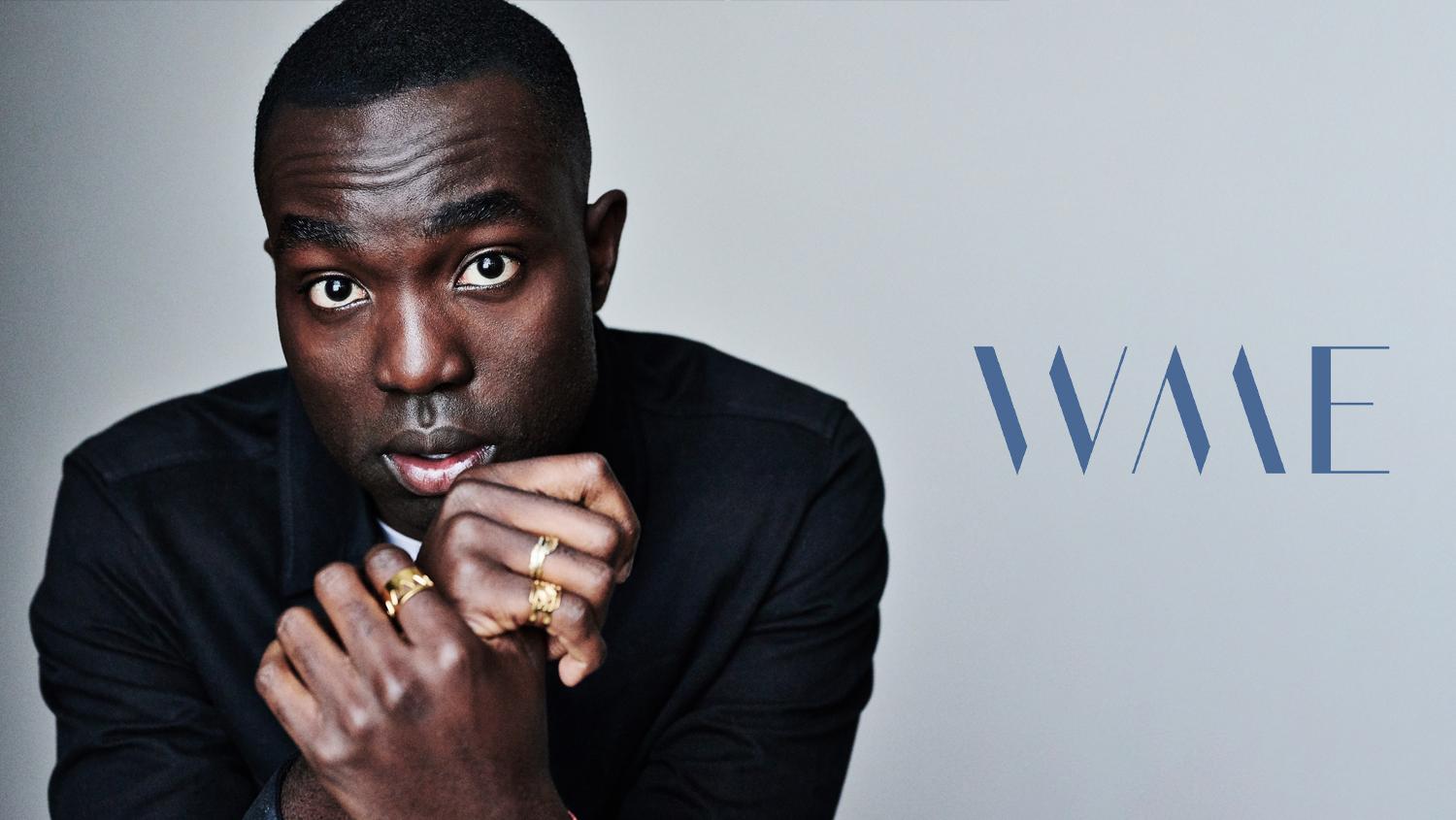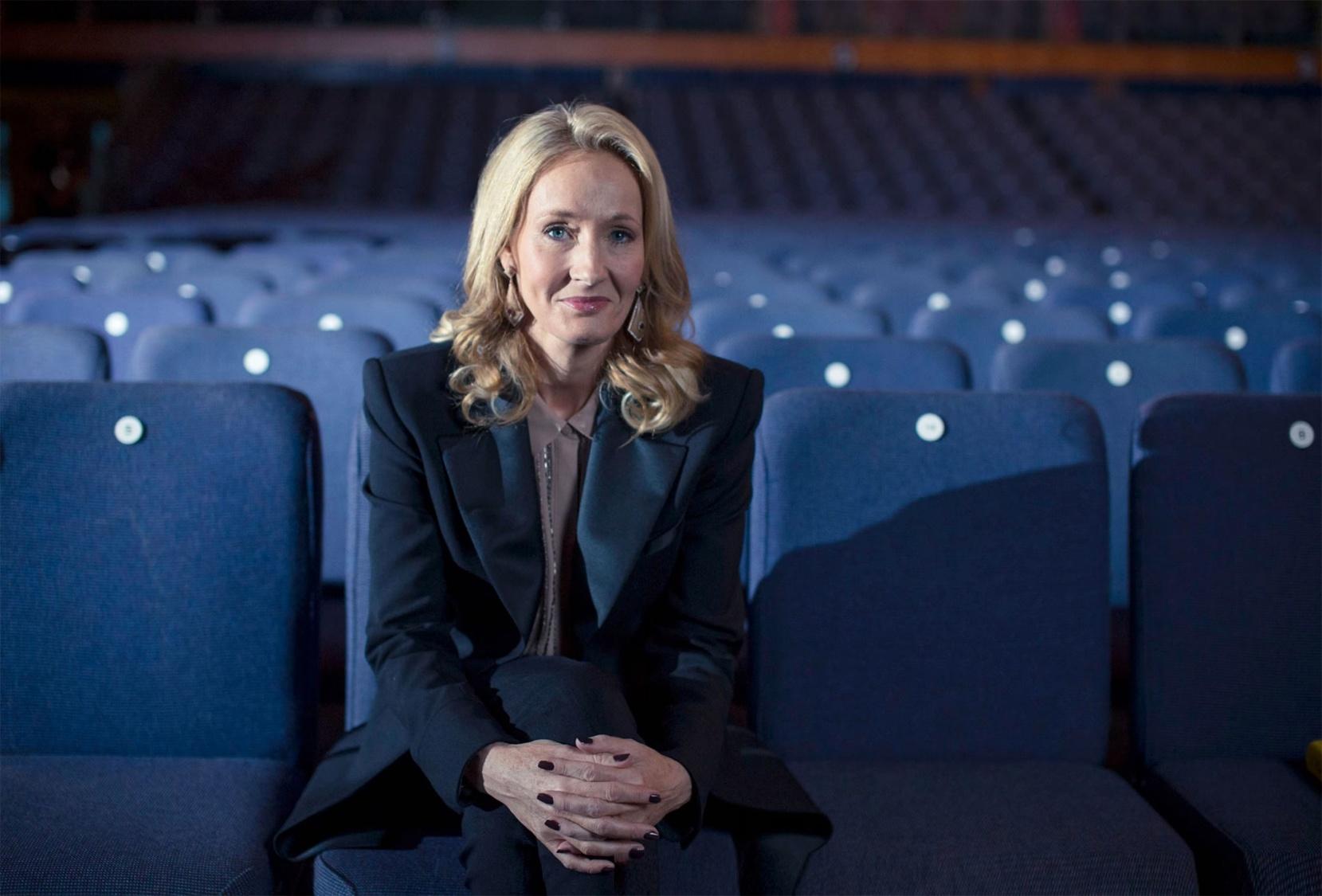In the midst of rising tensions surrounding gender identity debates in the U.K., Harry Potter author J.K. Rowling has spoken out about the inclusion of actor Paapa Essiedu in HBO’s upcoming Harry Potter reboot series. Despite their differing views on transgender issues, Rowling made it clear she neither has the authority to remove Essiedu from the project — nor would she want to.

Essiedu, best known for roles in I May Destroy You and The Lazarus Project, recently signed an open letter criticizing the U.K. Supreme Court’s controversial ruling that transgender women are not legally considered women and transgender men are not legally considered men under specific legal protections. The ruling has sparked widespread debate and emotional responses from activists, legal experts, and public figures on both sides of the issue.
Rowling, who has become a polarizing figure since voicing gender-critical views on social media in 2020, responded to speculation online that she may try to have Essiedu removed from the HBO production due to his stance. The speculation emerged after casting rumors linked Essiedu to the role of Severus Snape — a beloved and complex character from the wizarding world.

In a post shared on social media platform X (formerly Twitter), Rowling addressed the rumors head-on:
“I don’t have the power to sack an actor from the series, and I wouldn’t exercise it if I did,” she wrote. “I don’t believe in taking away people’s jobs or livelihoods because they hold legally protected beliefs that differ from mine.”
Her comments swiftly went viral, drawing reactions across the political and entertainment spectrum. Supporters praised Rowling’s restraint and focus on freedom of expression, while critics questioned the sincerity of her words given her history of controversial statements about transgender identities.
A Complex Debate in the Spotlight
Essiedu’s participation in the open letter was part of a broader movement by British actors and creatives demanding clarity and compassion in how legal definitions of gender identity are handled by the courts. The letter, signed by more than 100 public figures, called the court ruling “dehumanizing” and a step backward in the fight for equality.

While Rowling has long positioned herself as a defender of women’s sex-based rights, her critics argue that her views contribute to real-world harm against the transgender community. Still, Rowling insists her advocacy is rooted in the importance of biological definitions in areas such as healthcare, sports, and female-only spaces — a view protected under U.K. law.
The Future of the Harry Potter Series
The upcoming Harry Potter reboot on HBO, co-produced with Warner Bros., has been a lightning rod for controversy since its announcement. Fans remain divided — some excited to revisit the magical world with a new generation of actors, others questioning the timing and the potential influence of Rowling on the production.

While Rowling is listed as an executive producer, her creative involvement reportedly remains limited. Warner Bros. has not publicly commented on the Essiedu casting rumors or Rowling’s recent statement.
With casting announcements expected later this year, the series continues to spark passionate discussion — not just about magic and nostalgia, but about the intersection of art, identity, and public accountability.
Social Media Reactions
On Facebook and X, Rowling’s comments were met with a range of opinions. Some users commended her for drawing a line between personal belief and professional responsibility. Others claimed her comments don’t align with her broader social media history.
One user wrote: “It’s refreshing to see Rowling supporting artistic freedom, even if she disagrees with the actor’s views. This is how public discourse should work.” Another countered: “It’s hard to applaud someone for basic decency after years of doubling down on harmful rhetoric.”
Final Thoughts
Rowling’s latest statement underscores a crucial point in today’s cultural landscape: the ability to separate professional collaboration from personal ideology. Whether viewers support or disagree with her, the situation reflects a growing tension between freedom of belief, legal protections, and the role of public figures in shaping narratives.
As for Essiedu, his future with the Harry Potter franchise remains officially unconfirmed. But one thing is clear — in Rowling’s words, his place in the cast will not be decided by political alignment, but by talent and creative direction.




